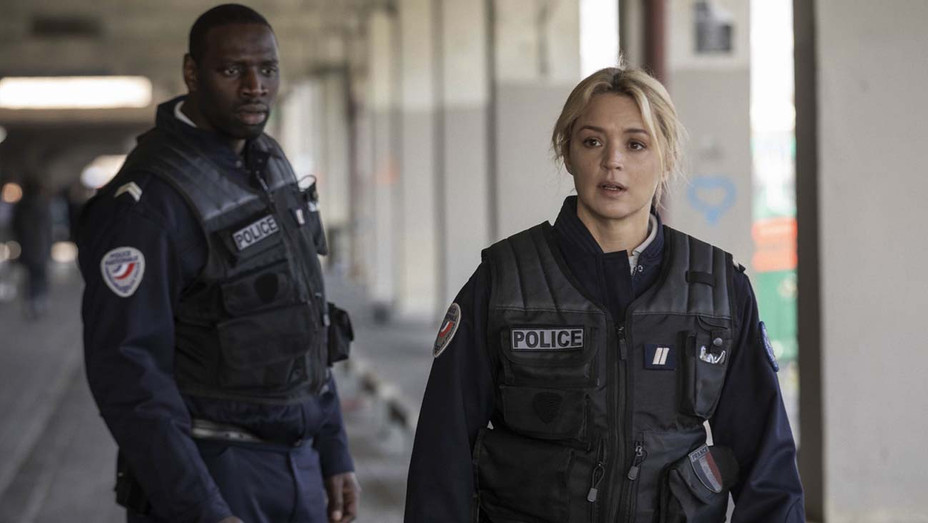Written by Mackenzie Stolp
Going into this film I did not think I would like it. As someone who is a passionate advocate for refugees and misplaced peoples, I had a feeling that this film would not align with my current beliefs. The general plot of Night Shift is three police officers transporting a refugee to the airport, where they will be sent back to their home country (that they fled) – where they know he will be murdered. The three police officers are given the opportunity to free the man and give him a chance to live.
Right off the bat, the film aims to gain sympathy for the police officers by creating their backstories with a range of traumatic and dramatic events. From divorce, affairs to abortions – Night Shift tries to force a connection between the view a connection between the audience and its main characters through traumatic experiences that are often seen as shared lived experiences. However, putting aside how one might feel about police officers in general – our three main characters are not likeable people. Aristide is completely sexist and undermines his fellow female officers. It appears the fallout of Erik’s marriage is due to his inability to commit and support his family, and Virgine has cheated on her husband with a man who diminishes her completely. These relationships and relations feel weak and under-thought. They are very clearly quick sympathy grabs.
The aim of this film is very clear – to gain sympathy for police officers about the work they do, even if it goes against their morals. It is incredibly interesting the film wants us to be sympathetic to police officers who are faced with a decision, instead of sympathising with the refugee who has been sentenced to his death. The only scene that shares anything from the refugee’s perspective is when he is found with a razor blade and we assume he was going to use the blade to kill himself. Apart from this small glimpse, we have no character building of the refugee himself – even the fact that he doesn’t have a name and is instead just referred to as the ‘refugee’ shows the real focus of this film.
One aspect that is interesting about the film is how police officers remove themselves from their actions by claiming they have to do their job. In one scene Virgine asks Erik if he is “okay with sending him to die?” and Erik responds by asking if he is the ‘bastard’ by following the orders of ‘his job’. The fact remains that if it were bastard behaviour outside of your job, it is still bastard behaviour within your job.
Ultimately this film felt pointless. It delivered no new perspective on police officers, no analysis or investigation into why police officers do act against their morals. Instead, we watched 90 minutes of three inept officers confused on making a decision that they ultimately don’t even make. If this film was made to create sympathy for police officers or offer any new perspective on the topic; it desperately fails and if anything reinforces current ideas surrounding police officers.


